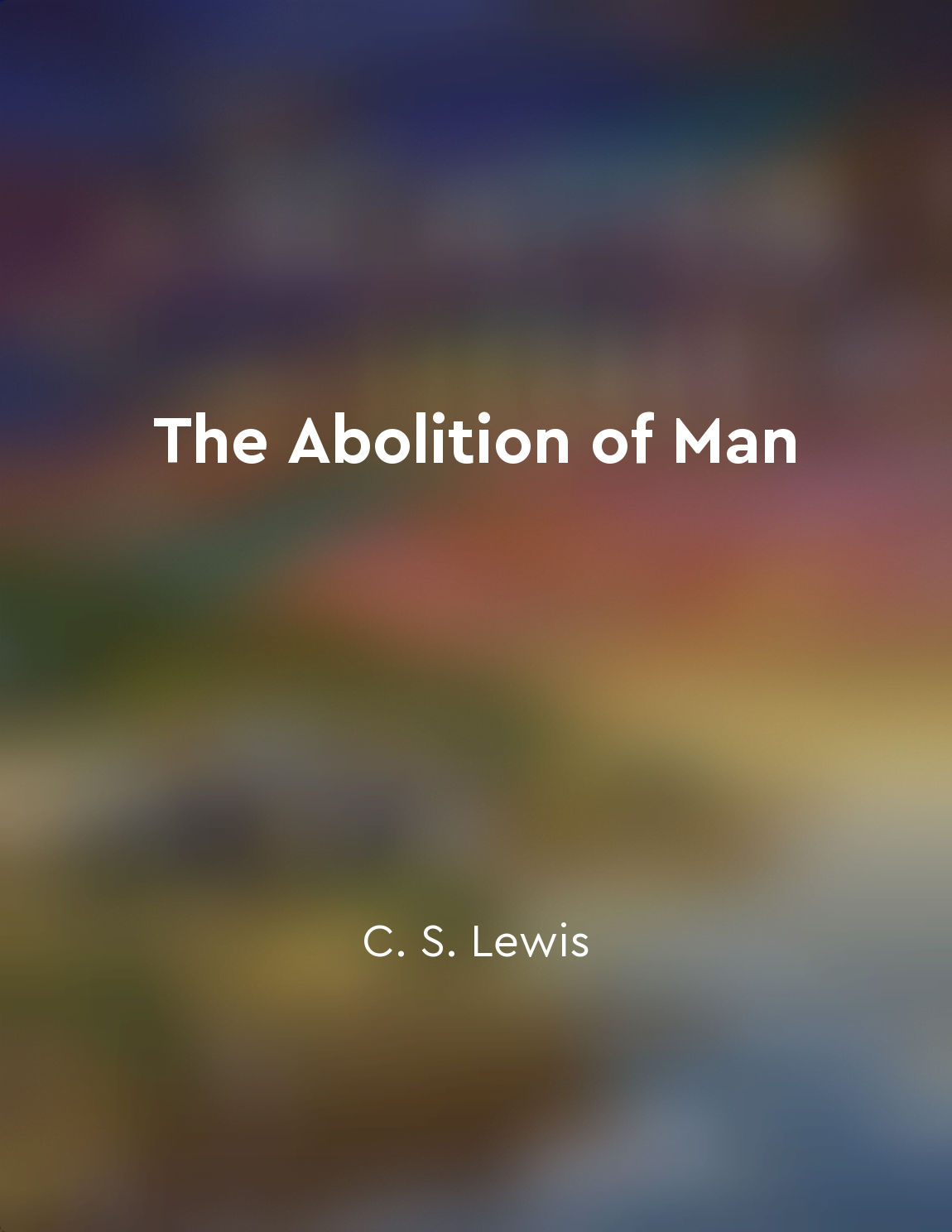Reason guides moral decisionmaking from "summary" of THE CRITIQUE OF PRACTICAL REASON by Immanuel Kant
Reason, as the faculty of higher cognition, is the guiding principle in moral decision-making. It serves as the foundation upon which all moral actions are based and evaluated. Through the use of reason, individuals are able to discern between right and wrong, good and bad, and make decisions that align with moral principles. Reason allows individuals to consider the consequences of their actions, weighing the potential outcomes and choosing the course of action that best upholds moral values. In moral decision-making, reason acts as a moral compass, directing individuals towards actions that are in accordance with universal moral laws. Through reason, individuals are able to i...Similar Posts

Finding a balance between individualism and collectivism for personal wellbeing
The concept of finding a balance between individualism and collectivism for personal wellbeing is a central theme in 'The Happi...

Religious texts should be scrutinized with a critical eye
It is essential for individuals to approach religious texts with a critical eye. This means questioning the content and teachin...
Atlantian society
The Atlantian society is one where the value of individual achievement and personal success is paramount. It is a society that ...

Importance of recognizing universal standards of behavior
The concept of recognizing universal standards of behavior is crucial for the proper functioning of society. These standards pr...
Violence has declined dramatically throughout human history
The idea that violence has declined dramatically throughout human history may seem counterintuitive at first. After all, news r...
Cosmological argument reveals the limits of causality in reasoning
The cosmological argument, which seeks to establish the existence of a necessary being as the ultimate cause of the universe, l...
Cultivate a habit of reflection and introspection
To truly understand ourselves and our actions, we must take the time to reflect and look inward. This process of introspection ...
Diversity of opinions
The concept of diversity of opinions is crucial for the progress of society. When individuals are free to express their thought...
Resilience in the face of adversity reveals life's importance
The ability to endure hardship and emerge stronger is a testament to the intrinsic value of life. When faced with challenges an...
Truth is the ultimate goal of human existence
The ultimate goal of human existence is to attain the knowledge of truth. Truth is not merely a desirable end; it is the very e...
